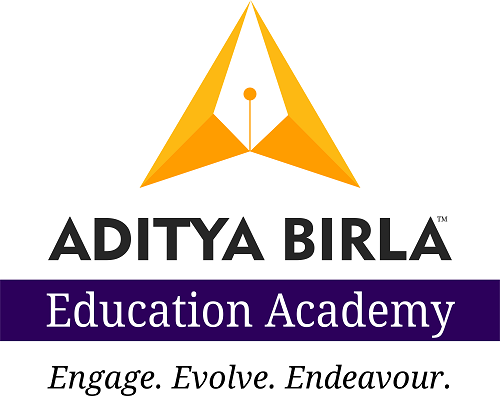In a scenario like this, being a social science teacher is challenging and often tedious. Students' interest and motivation to learn is low. The focus of the teaching, learning and assessment remain facts, dates and events with little relevance to the life of the student. The tools used in classrooms continue to remain text-book or content-based. The purpose of studying and teaching social science and its relevance to the world or life after school, seems blurred to many.
In a day and age where information about everything is available at the click of a button, the purpose of social science in our lives needs to be explored further. History, while being about the past is not merely about kings, kingdoms or events that changed the story. It is about acknowledging that history as we receive it, is an interpretation of what happened in the past - an interpretation that may or may not include the multiple narratives and perspectives of the context. It is about learning to rely on credible and original sources of information while also learning to interpret information as we receive it rather than believing interpretations. It is also about understanding the concept of time and evolution; cause and effect and change. Geography is a discipline that explores the interactions between the physical and natural world with human beings. More than definitions and facts it is about developing the skills needed to find patterns and connections in geographic data and information through careful analysis and application to one's own context. It is about seeking alternatives and committing to sustainable development.
While Civics is about the awareness of governance and citizenship, a broader understanding of the discipline is Social and Political Life which encourages a deeper exploration of the social relationships and hierarchies that exist around us along with an understanding of the values and processes that are critical to being a democratic nation.
None of this can be achieved through a curriculum that is limited within a textbook and focusses only on content. It is important for the conversation in the social sciences to stand tall on a framework of critical thinking skills. This conversation can be driven in classrooms with real world resources, learning experiences and action-based projects. To me, the real purpose of the social sciences is to:
- Equip students with the ability to observe, infer and analyse information to make sense of the past and the present while being able to realistically predict and prepare for an unknown future
- Nurture in them the ability to seek other perspectives while building independent thought and finding solutions to problems around them
- Strengthen in them a conviction and a commitment to build a world that is just, equitable and sustainable for everyone.
https://www.oecd.org/pisa/pisa-2018-global-competence.htm







